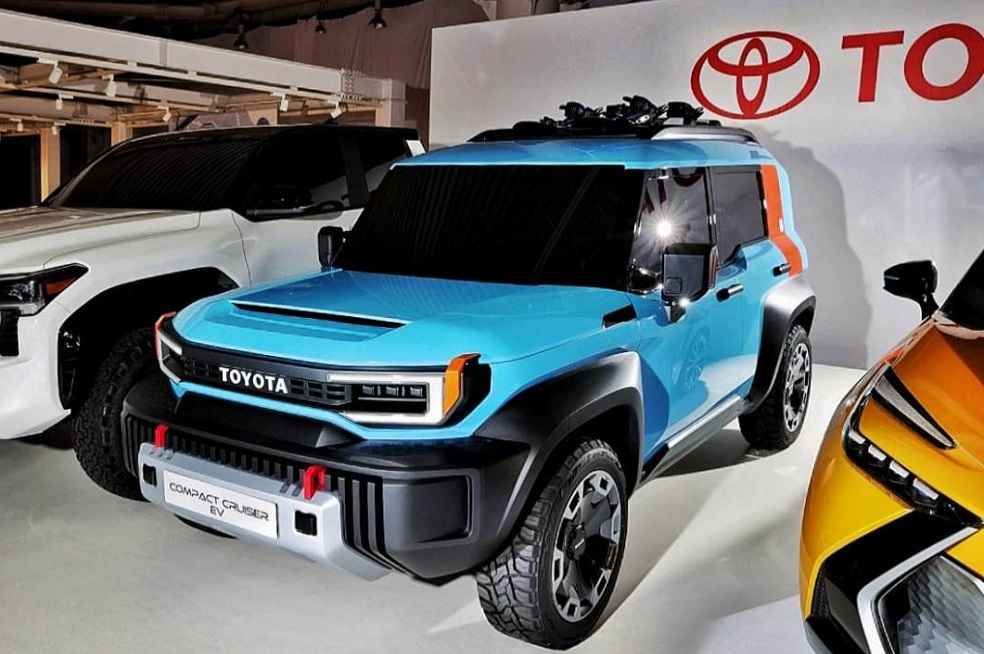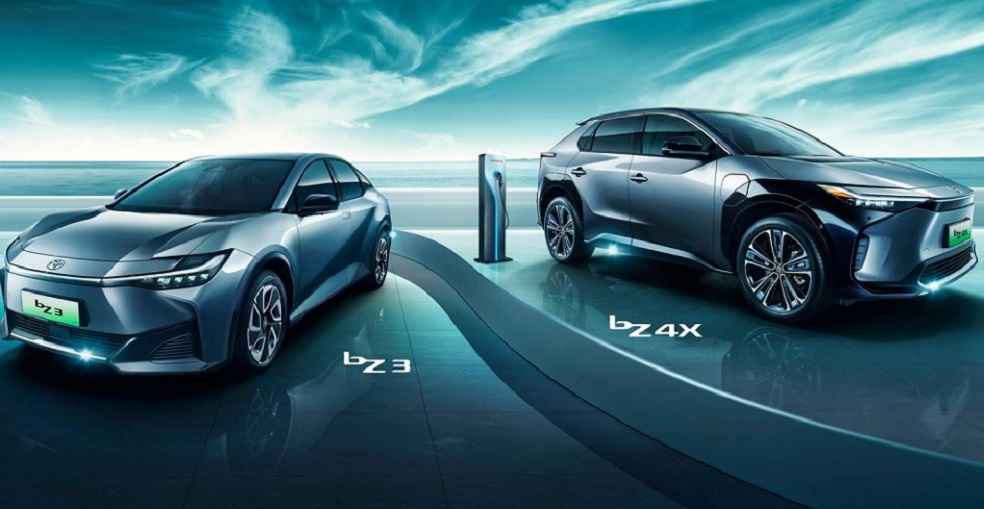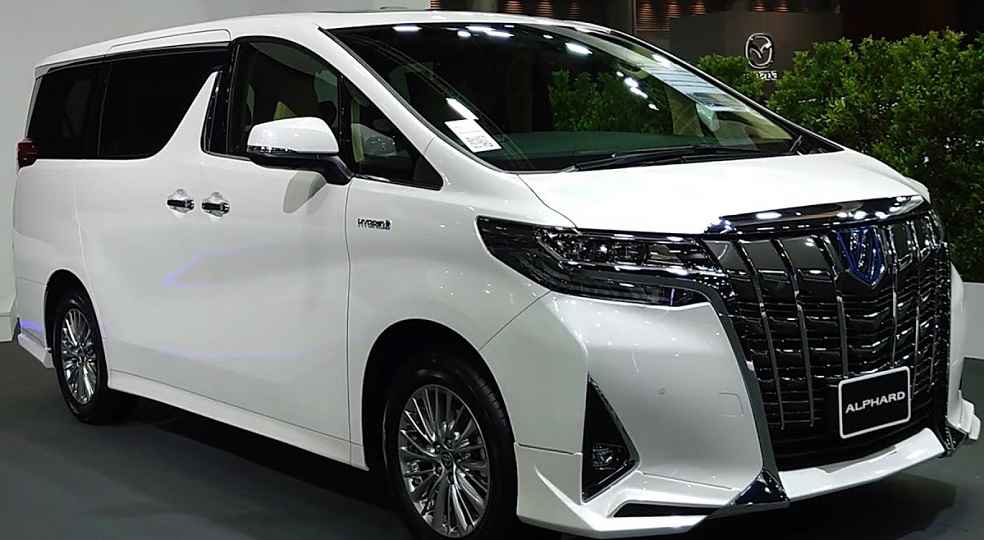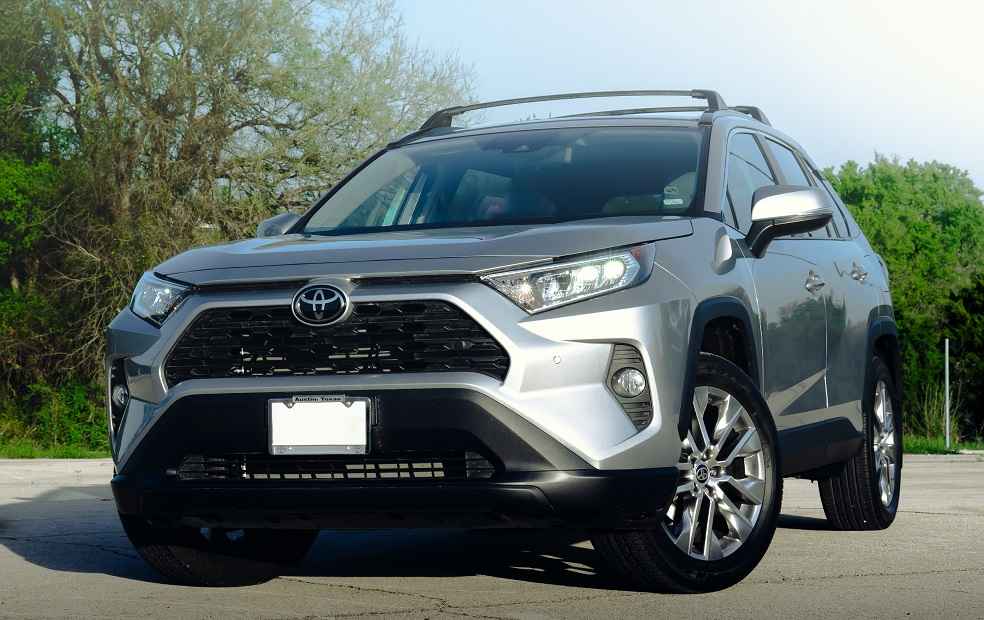Toyota Motor is set to amplify its electric vehicle (EV) battery production with a substantial boost from a 120 billion yen ($853 million) government subsidy, according to Nikkei sources. This fiscal stimulus is a strategic move by Japan’s industry ministry, aimed at intensifying domestic production and mitigating supply chain risks associated with EV technology.
These funds form part of a larger 330 billion yen budget allocation by the Ministry of Economy, Trade and Industry for the development of storage batteries, a sector identified as crucial to the nation’s economic security. This financial assistance demonstrates Japan’s determination to counter similar initiatives in the U.S., China, and other nations that support battery production at home.

Japanese firms currently hold under 10% of the global automotive battery market, with Tesla’s supplier, Panasonic, leading the local industry. In contrast, Chinese suppliers dominate with over half the market share, data from SNE Research reveals.
Toyota’s forthcoming investments, valued around 330 billion yen, are expected to be covered by this government subsidy. The automotive giant will channel these funds into expanding production at Prime Planet Energy & Solutions, a joint battery initiative with Panasonic.
Moreover, the company will also commence EV battery production at Primearth EV Energy, its second joint venture with Panasonic that currently manufactures batteries for hybrid vehicles.

The Japanese government’s financial support will further fuel the development and large-scale production of next-generation bipolar lithium iron phosphate batteries. Toyota anticipates these advanced batteries to outperform current models used in its bZ4X SUVs by 20% in terms of range and cost about 40% less. The automaker targets to introduce these innovative batteries to lower-priced EVs by 2026 or 2027.
The subsidy will additionally facilitate research and development of all-solid-state batteries, considered the future of the battery industry.
Toyota’s ambitious future plan includes selling 1.5 million EVs in 2026 and 3.5 million by 2030. To achieve this goal, the corporation will invest 5 trillion yen in related sectors over the next seven years.

A range of other battery material and component manufacturers are also set to receive subsidies, amounting to approximately 130 billion yen in aid. Earlier in April, the industry ministry approved around 160 billion yen in subsidies to Honda Motor and GS Yuasa for their battery investment plans.
In recent years, Chinese and South Korean manufacturers have seized the lead in automotive battery production, previously held by Japanese companies. Toyota’s emphasis on bipolar lithium iron phosphate (LFP) batteries, a potential alternative to dominant technologies, could pose a challenge to current leaders like Contemporary Amperex Technology (CATL) and BYD.

Simultaneously, American automakers and their foreign counterparts are increasing investment in response to incentives from the U.S.’s Inflation Reduction Act, aimed at reinforcing the EV supply chain in the country.
As the world pivots to cleaner, more sustainable energy solutions, the race for supremacy in EV technology continues, with Japan and Toyota making significant strides in their pursuit of a more electric future.
GENERAL: NAMI Secures Bosch Plant Amid Auto Industry Upheaval





